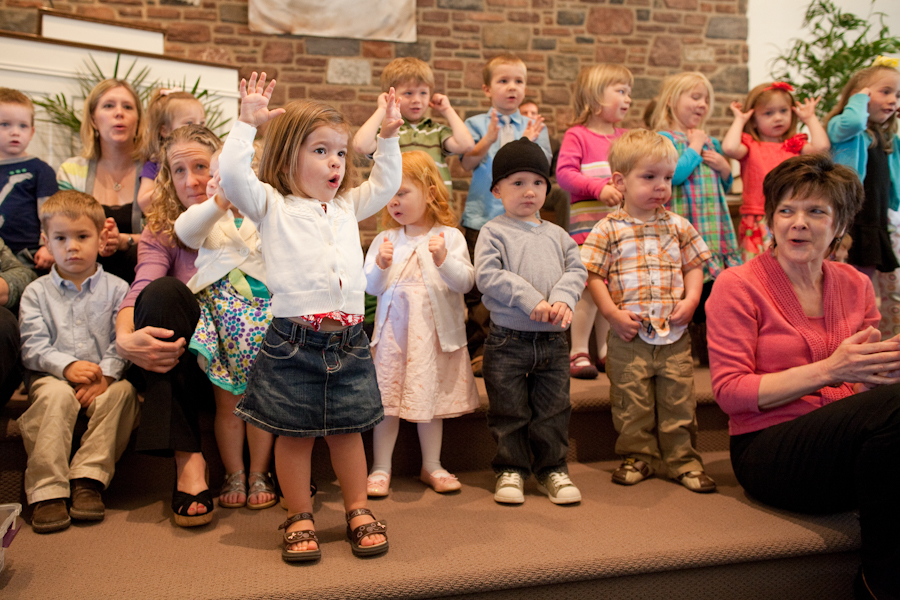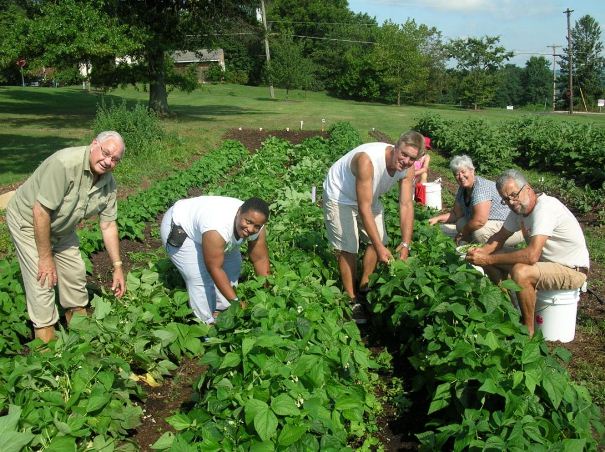by Beth Yoder
When I accepted the request to officiate the wedding of two beloved men in the Mosaic Conference congregation I was pastoring at the time, I anticipated that I would be required to go through the conference Giving and Receiving Counsel process. I did not anticipate the full force of the overflowing joy and love and sense of community that I and many others experienced at that wedding. Nor did I expect that the credential review process would be, for me, a deeply meaningful experience of “church.”
I continue to ponder that experience. On the one hand, it was profoundly moving to bring my voice into the circle of discernment, meeting with brothers and sisters in the church whose experiences and convictions differ from mine and to be listened to well.
I spoke from my heart, and I sensed that those around the table listened with their hearts as well. Together, we felt we were standing on holy ground. They listened with respect and care to my experience of “faithful dissent.”
On the other hand, this very process—reviewing a pastor’s credentials for extending pastoral care in this way, to faithful, God-honoring followers of Jesus—is another example of how the church continues to bring harm to LGBTQ+ people.
Over the more than 40 years before officiating this wedding, as I lived, studied, and served in the church, I witnessed the church exercising exclusionary policies and actions, insisting that human health and wholeness are only possible in heterosexuality. These practices have caused harm: to queer people’s sense of personhood and belovedness by God, to their faith in God, to their trust in the church, and to their desire to be a part of it.
I have seen this as a pastor and as a mother, watching our young son grow up in the church, be formed by it, and then receive the message from much of the church that there was no place for him in it.
I cannot square the harm that I have witnessed with the loving, life-giving way of Jesus. Nor does it square with an important message I heard from the Mennonite Church in 1985, when a study on human sexuality was commissioned and sent out to the whole church for use. In that study, a key statement has stayed with me for all these years, “If the church should err, let it be on the side of love for a group of people who have been much persecuted by society.”
My conversations with several Mosaic Conference committees during the review process felt like an experience of the church living into part of its calling: listening together, hearing one from the other, offering and receiving different ways of understanding how God’s Spirit is moving in our midst—our different pieces of the mosaic which forms this larger church.
I am grateful to have my credentials fully reaffirmed, and I am grateful to have experienced church in the hard work of speaking and listening to each other. But the deep hurt and sorrow in my heart remain. I continue to grieve the harm done to so many for so many years, and I fervently pray that there will increasingly be space where our LGBTQ+ siblings may also experience good church among us.
Without them we cannot become fully who we, as a church, are meant to be.

Beth Yoder
Beth Yoder has been a credentialed pastor in the Mosaic/Franconia conferences for more than 30 years. She continues as a member of the Salford congregation and also continues her ministry as a spiritual director.
Mosaic values two-way communication and encourages our constituents to respond with feedback, questions, or encouragement. To share your thoughts or send a message to the author(s), contact us at communication@mosaicmennonites.org.




